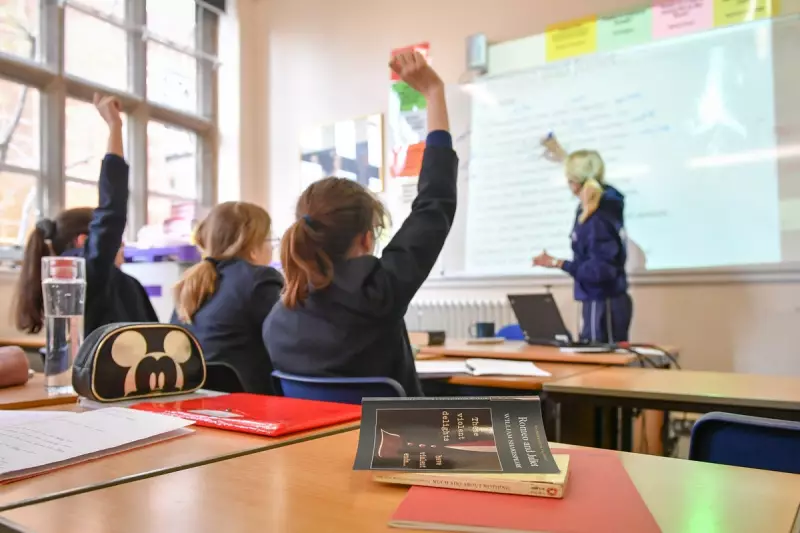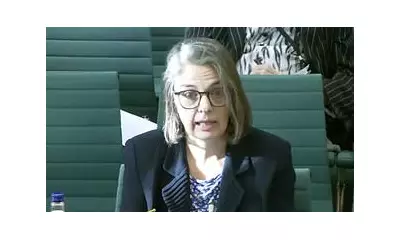
A stark warning has been issued about the growing educational divide in Britain, as new research exposes how children from low-income households are being left behind in the digital classroom.
The Homework Gap Widens
According to findings from the eQuality campaign, pupils from disadvantaged backgrounds face multiple barriers when attempting to access remote education. The study highlights what experts are calling a 'digital poverty crisis' that threatens to undermine years of progress in educational equality.
Key Findings Reveal:
- Significant numbers of children lack adequate devices for online learning
- Internet connectivity issues disproportionately affect low-income households
- Many families struggle to provide dedicated learning spaces at home
- Educational engagement has dropped noticeably among disadvantaged pupils
A Perfect Storm for Inequality
Education specialists describe the situation as a 'perfect storm' for widening the attainment gap. With schools increasingly relying on digital platforms for homework and remote teaching, students without reliable technology are effectively being locked out of their education.
'We're witnessing the emergence of a two-tier education system,' explained one campaign spokesperson. 'While some children seamlessly transition to online learning, others are being completely left behind due to circumstances beyond their control.'
The Human Impact
The research paints a concerning picture of children trying to complete schoolwork on shared family devices, competing with siblings for screen time, and struggling with patchy internet connections. For many families, the cost of additional data or new equipment remains prohibitive.
Teachers report increasing concerns about pupils who have effectively 'disappeared' from the education system since the shift toward digital learning platforms became more pronounced.
Call to Action
The campaign group is urging policymakers and educational authorities to address what they term an 'urgent educational emergency'. Proposed solutions include:
- Providing subsidised devices for low-income families
- Partnering with internet providers to offer affordable connectivity
- Developing hybrid learning models that don't rely solely on digital access
- Increasing support for schools serving disadvantaged communities
As one education expert concluded: 'Unless we act now, we risk creating a lost generation of learners whose potential will remain unfulfilled simply because they couldn't get online.'





